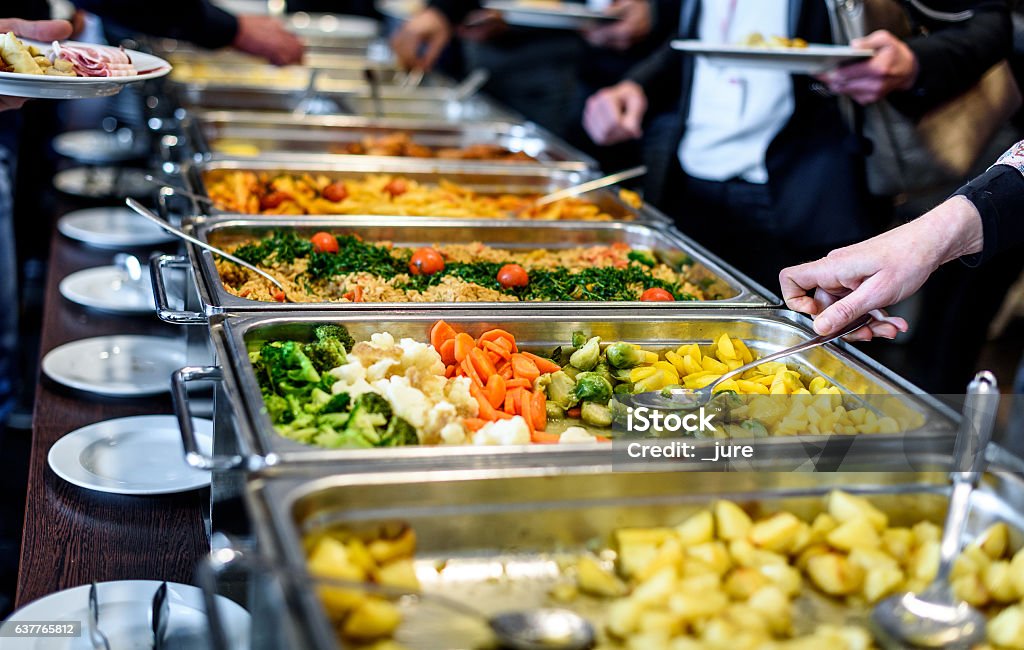Introduction:
In an era marked by a fervent pursuit of wellness, the spotlight has turned to organic food as a cornerstone of vitality and vigor. In this in-depth exposé, we delve into the captivating world of organic cuisine, unraveling its profound implications for both personal health and environmental stewardship.
Chapter 1: Decoding Organic Food
Organic food isn’t just a trend; it’s a philosophy deeply ingrained in reverence for nature and sustainability. At its essence, organic food is cultivated through methods that eschew synthetic pesticides, fertilizers, and genetically modified organisms (GMOs). Instead, it embraces natural techniques like crop rotation, composting, and biological pest management to foster soil fertility and ecological equilibrium.
Chapter 2: The Health Advantages of Organic Fare
The health benefits of organic consumption are abundant and scientifically validated. Extensive research demonstrates that organic produce boasts elevated levels of essential nutrients, including vitamins, minerals, and antioxidants, compared to conventionally grown counterparts. Moreover, organic farming practices eliminate the risk of pesticide residues, mitigating potential health hazards associated with chemical exposure.
Chapter 3: Organic Farming’s Ecological Impact
Beyond individual well-being, organic agriculture holds profound implications for environmental health. By forsaking synthetic chemicals and prioritizing soil vitality, organic farming promotes biodiversity, conserves water resources, and combats climate change. Additionally, organic farming methods safeguard critical ecosystems and preserve wildlife habitats, bolstering overall environmental resilience.
Chapter 4: Empowering Local Producers and Communities
Opting for organic fare isn’t merely a matter of personal preference; it’s a vote for sustainable agriculture and ethical commerce. By supporting local farmers committed to organic cultivation, consumers bolster community resilience, safeguard cultural heritage, and ensure equitable remuneration for agricultural labor. Furthermore, purchasing organic goods diminishes the carbon footprint associated with long-distance transport, fostering food sovereignty on a grassroots level.
Chapter 5: Organic Gastronomy and Culinary Ingenuity
Embracing organic cuisine unlocks a realm of culinary creativity, igniting passion in the kitchen and enriching the gustatory experience. From succulent heirloom produce bursting with flavor to fragrant herbs nurtured without synthetic intervention, organic ingredients offer a depth of taste and aroma unparalleled by their conventional counterparts. Moreover, cooking with organic provisions fosters mindfulness and gratitude for nature’s bounty.
Chapter 6: Overcoming Challenges to Organic Adoption
Despite its myriad merits, organic food encounters obstacles in terms of accessibility, affordability, and lingering misconceptions. Confronting these barriers demands a multifaceted strategy encompassing consumer education, governmental support for sustainable agriculture, and initiatives to enhance affordability and availability. By advocating for policy reforms and fostering community engagement, we can forge a more inclusive and equitable food landscape that prioritizes health, sustainability, and social equity.
Conclusion:
In summation, the voyage toward holistic health and wellness commences with the choices we make regarding sustenance. By embracing organic food, we not only nourish our bodies but also nurture the planet and uplift local communities. Through conscientious consumption and collective action, we can cultivate a future where everyone enjoys access to wholesome, sustainably sourced fare, and where the well-being of people and the environment intertwine in harmonious synergy. Let us embark on this odyssey together, celebrating the wisdom of nature and the transformative power of conscious living.











